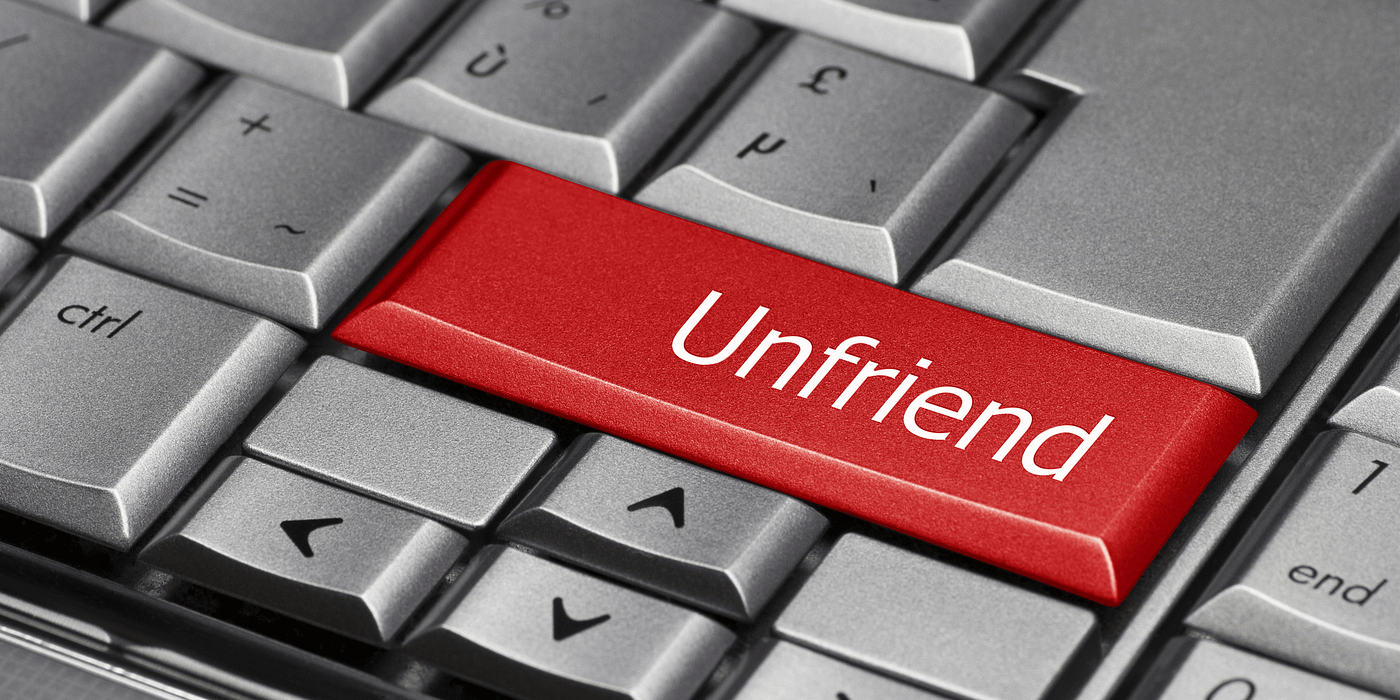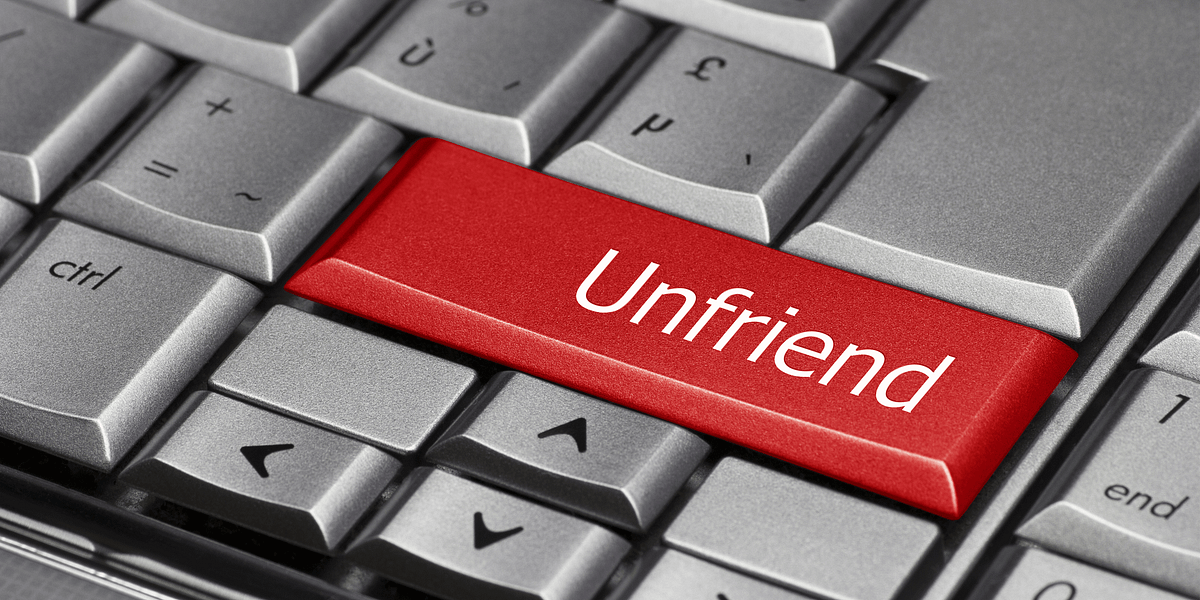By Kimberly Gomes

My heavy eyes squint at the blue icon. I check the time, and began robotically swiping up the glowing screen.
“Threats to Women’s Health are Real and Voters Know It”
…..
Photo of sleeping puppy
……
“No Right to Same Sex Marriage Emanates from Constitution”
…..
Video of a dancing corgi
…..
“Fox News Tells Young Women Not to Vote”
I let out a groggy sigh, unwilling to grapple with politics before the sun is up. I scroll up to the Constitution article, deciphering its owner, wondering why he’s still on my feed. Clicking his profile, I dab “Unfollow.” Ah, subtle relief.
This sort of systematic censoring on my Facebook feed has become a habit for the past year. Usually, my old Orange County college acquaintances get the boot after one too many conservative posts. Every now and then I silence a fellow San Franciscan and feel guilty about it — like I’m supposed to stand behind my fellow liberals. But, honestly, it’s easier to be less informed and oblivious to the ideological divide than inundated and angry.
Over the years I’ve seen the growing disparity among partisanships, and apparently I’m not alone. Pew Research recently noted Democrats and Republicans are more divided now than in 2004 and 1994. Even so, my former college self would’ve cringed at my apathy. Back then when I wasn’t publishing feminist poetry, I was drafting up gay rights pieces for my human rights zine. I remember standing outside Trader Joe’s in Seal Beach with other Planned Parenthood canvassers, as shoppers shamed us with angry taunts and finger-sized plastic fetuses. The political gap seemed too wide to cross.
After moving back to the Bay and settling into a corporate cubicle, my radical views softened. I’ve posted less left-wing news, and more pictures of my sheltie. I’ve avoided eye contact with canvassers and kept my petitioning limited to online signatures. Politics felt cumbersome, so I began slimming down my Facebook feed. Much like sixty percent of social media users, I wanted to agree with the content I scrolled through. I wanted to be more entertained and less provoked. I paused for panda videos and anti-Monsanto articles and became one of many liberals who unfriend conservatives whose statuses offend me. Commenting back seemed pointless. Silencing was easy.
Election months naturally heighten the partisan divide. Instead of reading up on candidates, I found myself unfollowing those who posted several right or left wing posts per day. The polarity became daunting, a bit disappointing, and I worried for our nation’s future with so many ideological fists facing one another.
Yet, as this November’s election nears, I look at my non-threatening feed and realize how uninformed I am. Recently, I flipped through my Voter Information Guide and wondered why I haven’t heard about most of the propositions yet. I am part of the 1 in 3 U.S. adults who consumes news via Facebook, yet, I have censored my feed to the point where the only things I see are a biased liberal perspective — if anything at all.
Somewhere in me is that fiery activist, wanting to be a part of it all again without feeling bombarded by an influx of angry over-sharing. I start searching a few names I remember unfollowing, looking for political stimulation. In the process, photos of new puppies, wedding rings, and hilarious memes surprise me — universal things we naturally connect on regardless of partisanship.
I realize sitting outside of Trader Joe’s with a clipboard may not make Democrats and Republicans see eye to eye, but neither will blind apathy. So, much like my Facebook feed, I now welcome back doses of radical opinions — be it left or right. I realize it’s not my job to convince every conservative acquaintance that “I’m right,” and that it’s not completely fair to unfollow everyone I believe is wrong. I still click on corgis shaking their rumps, but also digest some Mother Jones, Daily Beast, and even a couple anti-Obama statuses here and there. I’ve grown to see the importance of soaking up both sides, but more importantly value the updates that connect us as people, not parties.
Image via Thinkstock







